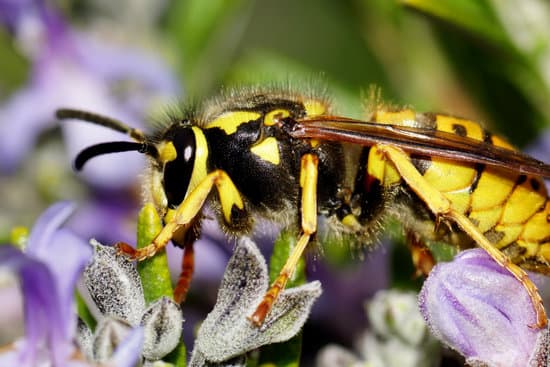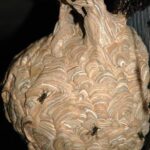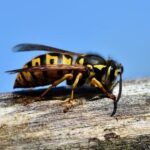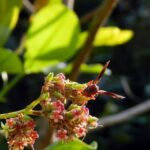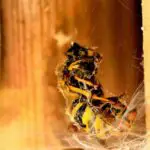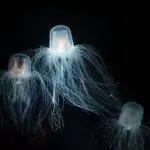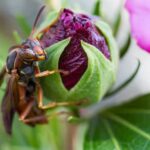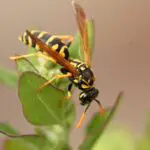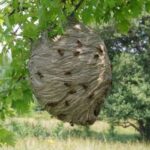Can You Eat Wasps Nests?
Despite their stinging capabilities, many people wonder if it is safe to eat wasps nests. These insects are a type of hymenoptera, a group of insects that include bees, wasps, and ants. They have stinging wings, armored bodies, and mandibles that are used for catching and biting prey. Wasps are often found in the United States, but there are several different species.
These insects are considered a threat to humans. The sting can cause localized pain and an allergic reaction. In some parts of the world, people have been known to eat wasp larvae. In Japan, people pickle the larvae and eat them fried with soy sauce or sake. In Central Japan, wasps are celebrated as seasonal wild foods.
In early autumn, wasp colonies will start searching for food. The nests will then expand in size. A single queen builds a colony, and the young larvae become workers. The queen hibernates for the winter. The following spring, the queen will emerge and start building a new nest.
Wasps are an opportunistic species, and many predatory amphibians and birds will eat them. Some birds will intentionally hunt them down. Other predators like skunks, rats, and mice will also eat wasp larvae.
Some predatory amphibians don’t care that wasps sting, and they can eat them in large numbers. Predatory birds like bluebirds, blackbirds, chipping sparrows, and woodpeckers will also eat them. Some opportunistic birds like common nighthawks will also eat them.
Wasps are important in pollinating flowers, and they can be beneficial insects. However, their venom can easily penetrate the outer surface of most animals.
